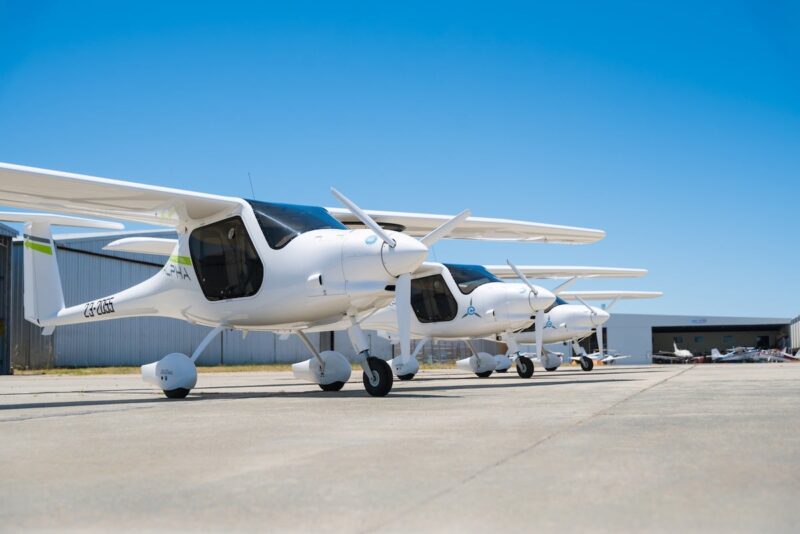Korum Ellis is the founder of FlyOneE and this week has been at the Lillydale Flying School in Victoria, introducing flying instructors to an electric plane, one of his company’s all-electric Pipistrel Velis Electro 2-seater planes.
He says the instructors are impressed with the electric plane. “By day two everyone has been saying this thing is amazing!” Ellis tells The Driven.
Ellis says that the Cloud Dancer pilot school in Jandakot WA has also been using one of FlyOneE’s three Velis Electro’s for training pilots and has already done over 200 hours of training with the electric plane.
Made in Slovenia, the 2-seater Pipistrel Velis Electro is the first ever fully electric plane to be certified for pilot training. The plane has a 57.6 kW electric motor and has a fully carbon composite body. Ellis says the plane gets around an hour of flying time which gives instructors around 50 mins of training time with each flight.
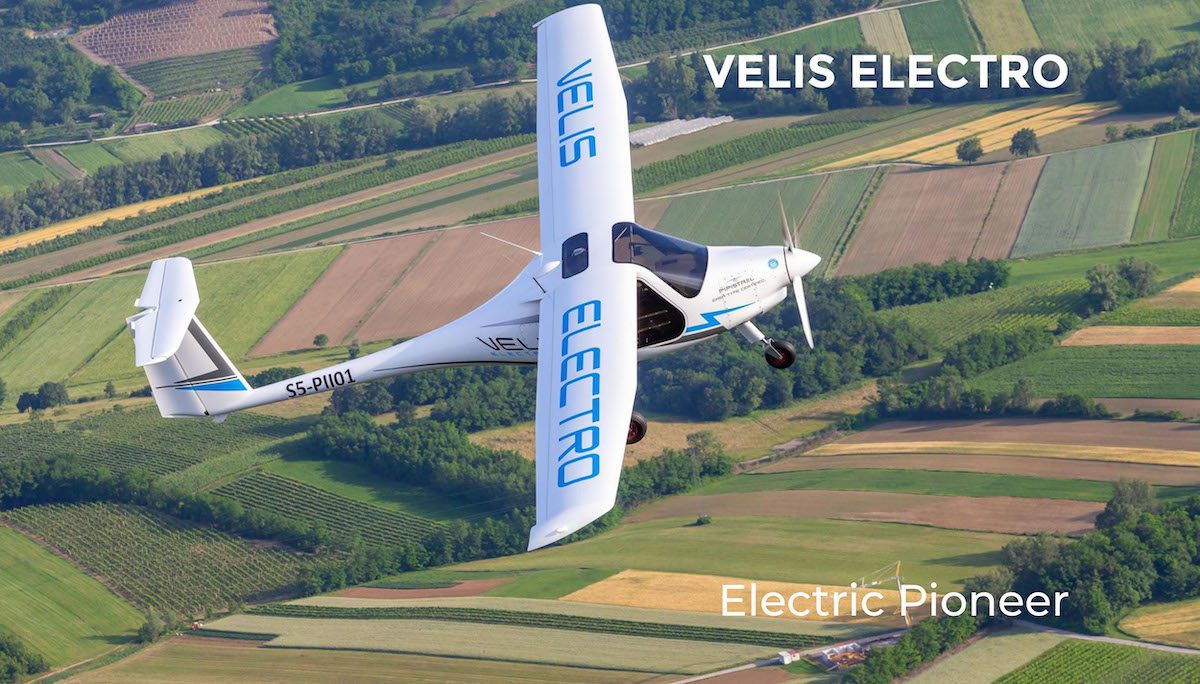
Ellis says that electric aircraft are developing quickly.
Dutch company Electron Aerospace is currently developing an all-electric 5-seater model which will do 500km with a 500kg payload or up to 750km with a lighter payload.
Ellis can see the passenger aviation industry moving towards a model of smaller electric planes but offering more flights and a more “point-to-point” network rather than large planes that only operate at large airports.
“In just a few short years, you’ll be booking a private chartered aircraft from an app on your phone, to fly up to 700km away, for a cost similar to present-day commercial air ticket prices. And the aircraft will be electric.” he said.
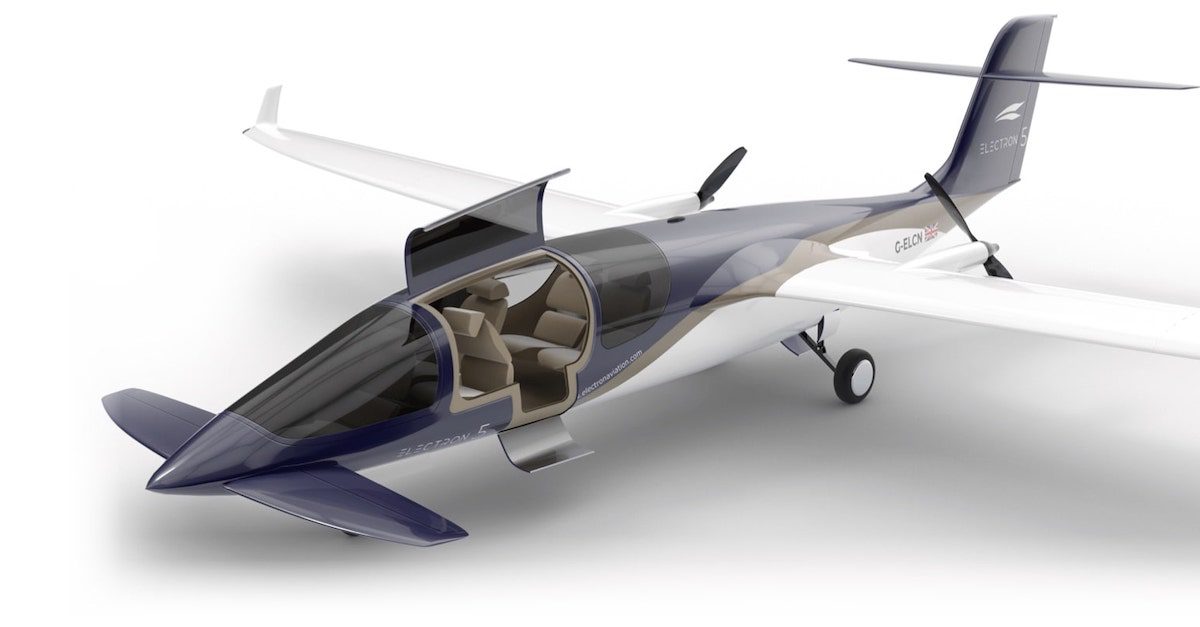
Pilots and frequent flyers exposed to toxic AVGAS
Ellis says that pilots who fly regular planes are exposed to an enormous amount of toxic aviation fuel over their lifetimes,” he said
“The toxic effects to humans of 100LL Aviation fuel include damage to organs through prolonged or repeated exposure from inhalation. Skin Irritation, drowsiness, dizziness, developmental delays, neurological changes and irritability. ” he said.
Aside from the health benefits of electric planes, like electric vehicles, they are much cheaper to run and maintain.
Ellis says that compared to Cessna 150 and 152 aircraft, a similar training size plane, the Pipistrel Velis Electro is super cheap to run.
“A Lycoming engine Cessna 152 consumes about $50-$60 of fuel per hour of flight. The comparable electric aircraft, the Pipistrel Electro, consumes around $6 of electrical energy per hour of flight,” he says.
Maintenance and servicing is also far cheaper.
“The day-to-day operating costs of an electric aircraft are around 1/10th of an equivalent combustion aircraft. The lifetime service and maintenance costs are less than half,” he says.
“4 to 6 seat aircraft charters for routes of 20-400km will radically reduce in cost. Everyday people will be able to afford to charter such an aircraft regularly for an on-demand electric aircraft transport option. And businesses will be able to afford to choose direct, on-demand air transport for delivering or ordering goods.”
As battery density improves flight distances will grow
Ellis says that we won’t see the full commercialisation of electric planes until battery density is double what it is today, but he’s confident that day isn’t far off.
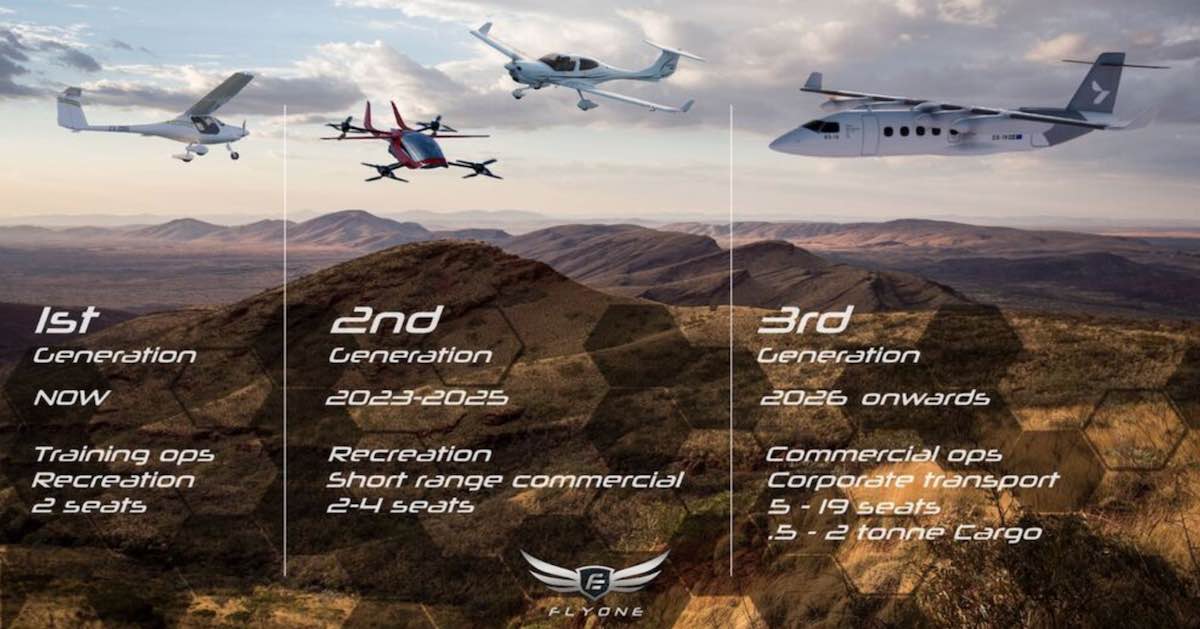
We are currently in the 1st generation of electric aircraft. The second generation, which is being developed now, will be 2-4 seats and include some commercial flights. Third generation will start after 2026 and will include planes up to 19 seats and with 2 tonnes of cargo.
Like many in many electric vehicle advocates, Korum Ellis is on a mission to put “bums in seats” of electric planes so pilots can experience first hand how much better they are than fossil fuelled aircraft.
His strategy of introducing flight schools to the new technology means the next wave of pilots will be learning to fly on electric.
“Some of the people learning to fly today will never fly a petrol powered aircraft” he said.
With aviation transport one of the hardest sectors to decarbonise, hopefully soon pilots everywhere will be learning to fly electric.
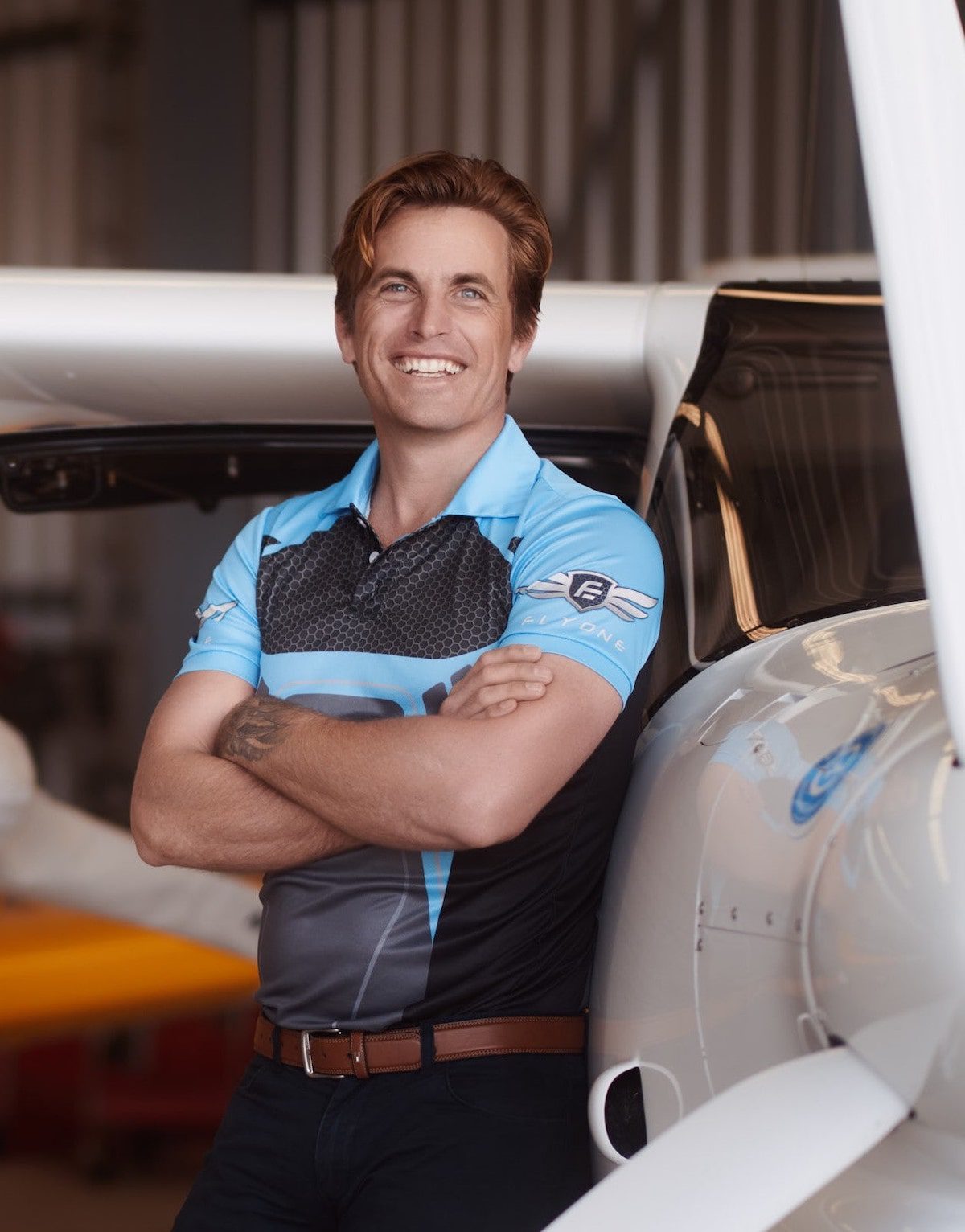

Daniel Bleakley is a clean technology researcher and advocate with a background in engineering and business. He has a strong interest in electric vehicles, renewable energy, manufacturing and public policy.

